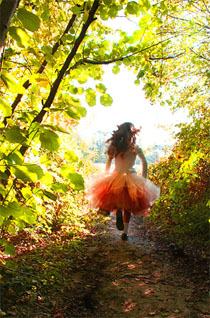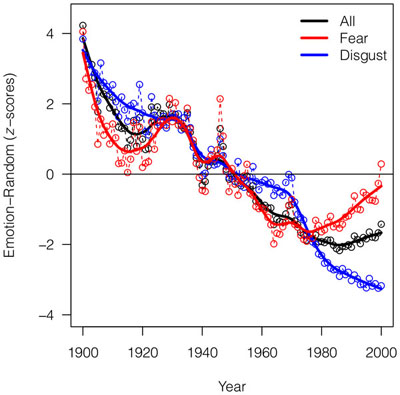Last year when my daughter Hollis was nine, I took her with me to run errands. I parked and darted into the dry cleaners. The car was locked, it was nice out, and I was in for a minute, maybe two. I could have watched her through the store’s glass front, though I didn’t look back. When I came out a woman yelled at me through her car window. “You should be arrested!” She screamed. “What?” I honestly wasn’t sure whether she was talking to me. “Child endangerment! You shouldn’t be allowed to have children!” “She’s nine!” I yelled back, though I’m not sure why I did. She yelled again that I belonged in prison, and she drove away. I’m sure you’ve heard the following story a dozen times or more. When I was a kid, I rode in the front of the car. A ford pinto. No seat belts. When I was a kid, I didn’t wear a helmet to bike. I didn’t know anyone who did. When I was a kid, I’d go for long walks. Just me and my dog. In an actual forest, a mile or more of woods. My mom said I had to be back by dinner, but I was often late. Three ways the world has changed – but are they really the same thing? Yes, we have more safety equipment today (seat belts, bike helmets), and I would not seriously argue the merits of a child (or anyone, for that matter) riding around the front of a Ford Pinto. But our perception of ‘stranger danger’ is both out of step with real-world crime rates, and I believe a real hindrance to children’s development of independence. A recent study found that in 1900, all emotions were expressed in English books at about the same frequency – glee, horror, passion, etc. Though there was some variation, emotional words moved more or less down and in lockstep until about 1975. At that point something startling happens1:
Your interpretation may vary, but here’s mine: in the mid 1970s we became very afraid. Dr. David Altheide is a professor at Arizona State University, where he studies the language used by the news media. He says: “There’s now a discourse of fear that pervades society… the sense that danger, dread and fear are pervasive and just around the corner.”2 I think media is a cause, but it also may be reflecting what works in a fear-based culture. If sex sells, perhaps fear is multi-level marketing. My fear increases your fear, which increases the fear of everyone else around us, which leads to the whole nation tuning in every year for shark week or to catch the latest tragedy involving a missing blonde Caucasian girl. But here’s the thing – violent crime is down, WAY down. According to the US National Crime Prevention Council you are less than half as likely to be a victim of violent crime now than you were in 1981. In 1977 you were three times more likely to be a victim of aggravated assault than today.3 According to another study that compared 19 industrialized nations, the US is below average in both crime4 and violent crime5. So, the upshot is that we are safer than ever before, yet more afraid. In that philosophical classic, Pixar’s Finding Nemo, the father fish (Marlin) frets to another fish that he’s promised his missing son that he’d never let anything happen to him.
Have you heard of Nature Deficit Disorder? This term was coined by Richard Louv, who spent a decade gathering evidence that children’s behavior problems may often be associated with spending insufficient time outside. He suggests that our media culture has “scared children straight out of the woods and fields.”6. I cannot swear that something bad may never happen to a child who plays outside unsupervised. But I can say that something wonderful happened to this child who did. Yes, I breathed fresh air, and got exercise. But, whether catching crayfish or climbing trees, I was also learning to appreciate nature and revel in its majesty. I learned to be independent, to get a sense of the time of day by the sun, and to become comfortable in my own skin and with my own thoughts. Preschool children are still too young, even by the standards of the 1970s, to be wandering alone outside. I am not arguing that you abandon them in the woods. What I am saying is this: it did not take courage for my parents to allow me to play outside, because in their day no one thought of the risks. Today, I ask you to take courage in your child rearing. Understand the risks, and look for opportunities for your children to learn independence. At every age there will be an opportunity. For the youngest ones, that might be allowing them to play in the other room, unsupervised. Let a child pour, and then carry a full glass, knowing full well they may spill some. When they do, let them clean up the mess on their own with just a little guidance as necessary. As they get older, there may be some dishes they can safely prepare while you are outside the kitchen. And yes, when they are older, consider letting them play outside by themselves. The world is much safer than it was, and much safer than presented by our fear-driven news cycle. Footnotes
|


Leave a Reply